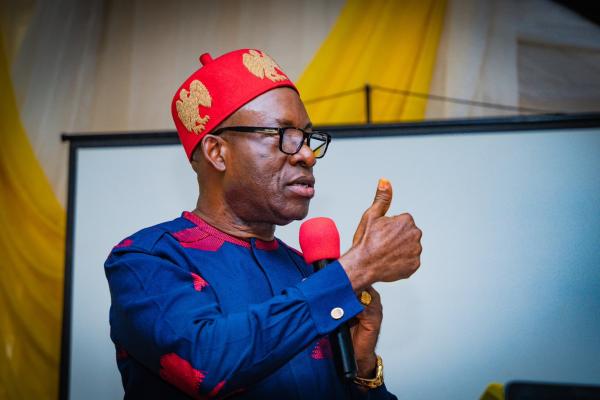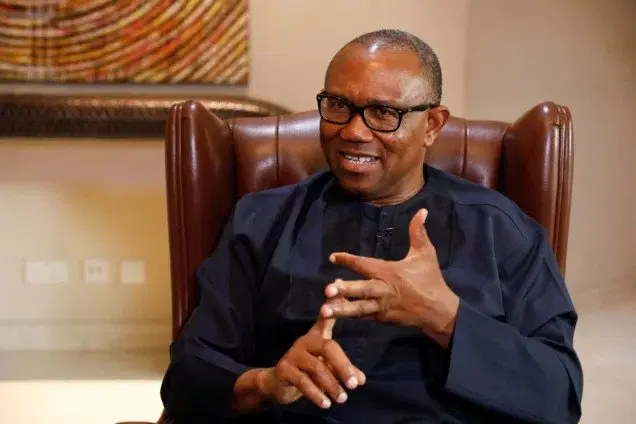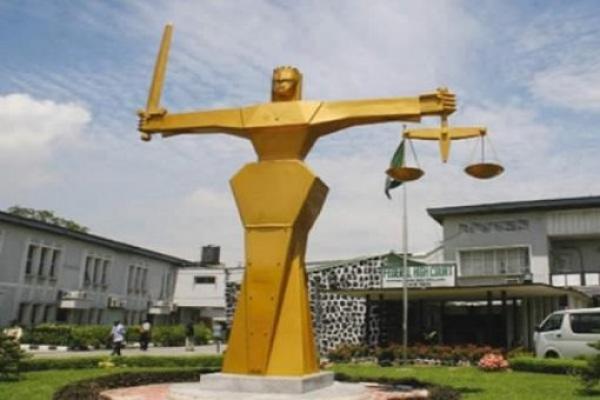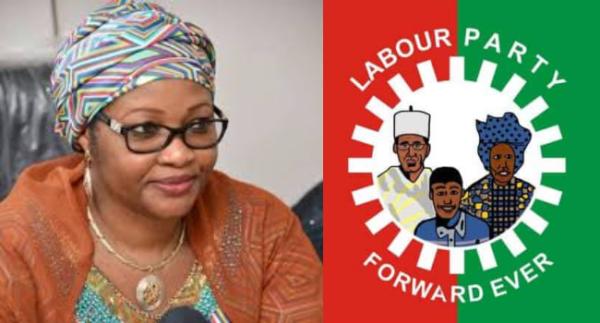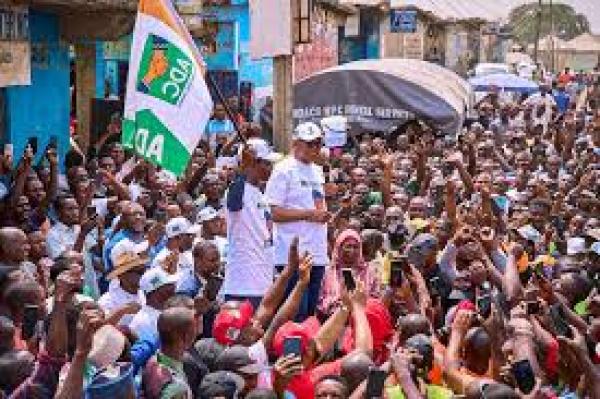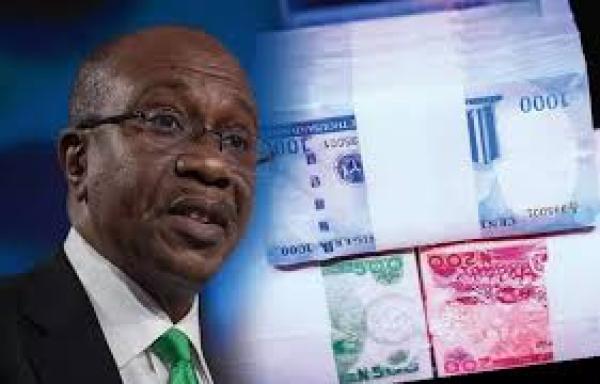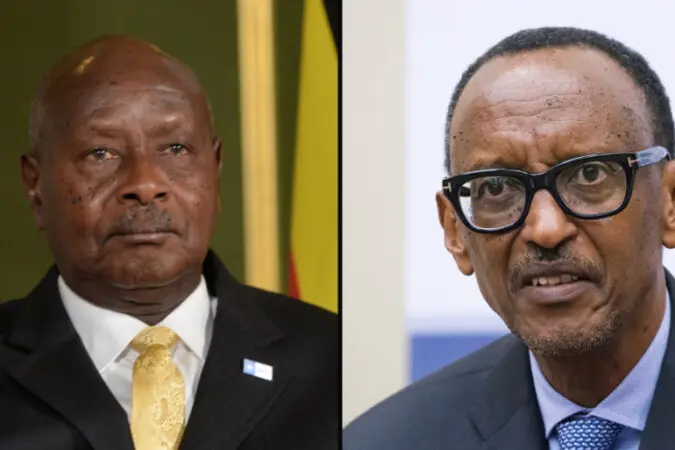
Disturbed by the rising wave of coups on the continent, African countries have started reshuffling their military and taking measures to avert it.
With Gabon coup leaders saying yesterday that General Brice Oligui Nguema would be sworn in as “transitional president” on Monday at the constitutional court, African leaders were working on a response to officers in Gabon who ousted President Ali Bongo and installed Nguema as head of state.
abon is the latest African country to be struck by coup after Niger, Mali, Burkina Faso, Guinea, Chad and Sudan.
Rwanda retires 12 generals, Cameroon reshuffles military
Concerned over the coup scare, the Rwandan and Cameroonian governments have reshuffled their military in what is believed to be a reaction to the recent coups in Niger and Gabon.
According to a Rwandan national newspaper, News Times, the government approved the retirement of 12 Generals and several officers.
The publication stated that the retirements were announced on Wednesday, August 30, in a statement issued by Rwanda Defence Force.
Those retired included two four-star generals, James Kabarebe and Fred Ibingira, two three-star generals, Charles Kayonga and Frank Mushyo Kamanzi.
Kabarebe and Kayonga had previously served as Chief of Defence Staff of RDF, while the other two were service chiefs.
The statement read: “The President has also approved the retirement of 83 senior officers, six junior officers and 86 senior non-commissioned officers, 678 whose contracts ended and 160 medical discharges.”
Cameroon too
In Cameroon, President Paul Biya also reshuffled the military, with new appointments.
This was contained in a statement signed by Biya, that is being circulated on X, formerly known as Twitter. The statement was written in French, the country’s official language of communication.
The statement announced new appointments to the Controle Generale des Armees. The new controllers are Captain Ajeagah Njei Félix and Colonel Nguema Ondo Bertin Bourger.
Appointments were also made to the positions of Technical Advisers, Bureau Commissariat and Air Force Technical Inspector.
GOC asks disloyal soldiers to leave Nigerian Army
In Nigeria, the General Officer Commanding (GOC) 81 Division Nigerian Army, Major General Mohammed Usman, asked disloyal soldiers to leave.
Usman, who called for loyalty to President Bola Tinubu and constituted authority, also asked soldiers to be professional and exhibit total loyalty, beginning with the President, down to the top echelon of the armed forces.
Addressing soldiers at the 35 Artillery Brigade, Alamala, Abeokuta, Ogun State, the Nigerian Army GOC noted that there were some challenges but noted that they were not peculiar to the Brigade Command.
He said: “While we are looking at the challenges and how to solve them, you have to be disciplined soldiers, you have to be loyal soldiers.
“When I mean loyalty, your loyalty must start with the commander-in-chief of the armed forces, who is the President. That’s first, and then down the ladder. Loyalty to the Chief of Defence Staff, Chief of Army Staff, down to your Brigade Commander.
“You have to be loyal. There is no room for soldiers that are not loyal to the constituted authority, no. If you are not going to be loyal, then, leave, go and do other work. But the armed forces cannot stand it if you are not loyal.
“Discipline, loyalty and top professionalism. We are bearing arms so that other people can sleep well and go about their normal activities. You also have to be hardworking. If you go on any course, make sure you do your best and be among the best. Once you have all these, you will grow in this job.”
Gabon coup chief to be sworn-in as ‘Transitional
President’ Monday Gabon’s new strongman General Brice Oligui Nguema will be sworn in as “transitional president” on Monday at the constitutional court, coup leaders said.
Oligui will “phase in transitional institutions”, Ulrich Manfoumbi Manfoumbi, spokesman for the Committee for the Transition and Restoration of Institutions, CTRI, said on state TV, yesterday, a day after rebel officers overthrew President Ali Bongo.
No details were given on the duration of the transitional institutions.
‘’All general secretaries, ministerial offices, directors general and officials of state services have been instructed “to ensure in the immediate future the effective resumption of work and continuity of the functioning of all public services,” the spokesman said.
Oligui “would like to reassure all donors, development partners as well as state creditors that all provisions will be taken to guarantee respect for our country’s commitments both externally and internally,” the spokesman added.
African leaders work on response to Gabon military coup
Meanwhile, African leaders were, yesterday, working on a response to officers in Gabon who ousted President Ali Bongo, the latest in a wave of coups in West and Central Africa that regional powers have failed to reverse.
The takeover ends the Bongo family dynasty’s almost six decades in power and creates a new conundrum for a region that has struggled to deal with eight coups since 2020.
Central Africa’s political bloc, the Economic Community of Central African States ECCAS, also yesterday condemned the coup in a statement, saying it planned an “imminent” meeting of heads of state to determine how to respond. It did not give a date.
‘’The African Union’s Peace and Security Council will also meet to discuss the coup, a spokesperson for the African Union Commission chair,’’ said yesterday.
President Bola Tinubu, who was sworn into office in May and now chairs the West African bloc ECOWAS, said on Wednesday he was working closely with other African leaders to contain what he called a “contagion of autocracy” spreading across Africa.
The events followed coups in the past four years in Mali, Guinea, Burkina Faso, Chad and Niger, erasing democratic gains since the 1990s and raising concerns among foreign powers with regional strategic interests. The coups also showed the limited leverage of African powers once the military took over.
Hundreds of people took to the streets of Libreville, capital of Gabon, to celebrate Wednesday’s coup. The city was calmer yesterday as people returned to work, although the main intersections and thoroughfares were guarded by security forces.
The African Union, former colonial power France, the United States, Canada and Britain have all expressed concern about the coup but have not made direct calls for reinstating Bongo.
The European Union’s foreign policy chief, Josep Borrell, also said the election of Ali Bongo had been full of irregularities, while adding that the EU rejected the seizure of power by force.
Why we should wield big stick on putschists — Tinubu
Similarly, President Bola Tinubu yesterday warned that African countries would suffer the consequences of forcible removal of democratically elected government by soldiers, if the big sticks were not wielded on the coupists.
He also said all diplomatic options would be exhausted with the military junta in Niger Republic before any last resort of military intervention comes into the picture, insisting that any forcible removal of a democratic government remained “wholly unacceptable.”
Receiving the Nigeria Supreme Council of Islamic Affairs, led by the Sultan of Sokoto, His Eminence, Muhammad Sa’ad Abubakar III, at the State House, President Tinubu noted that the alternative of kinetic intervention in Niger Republic had not been jettisoned.
The President in a statement by his Special Adviser on Media and Publicity, Mr Ajuri Ngelale, said: “I must thank you for your several visits to Niger Republic, Your Eminence, but you will still have to go back.
‘’My fear has been confirmed in Gabon that copy cats will start doing the same thing until it is stopped. We are neighbours with Niger Republic, and what has joined Nigerians together with their great people cannot be broken. Nobody is interested in a war.
‘’We have seen the devastation in Ukraine and Sudan. But, if we don’t wield the big stick, we will all suffer the consequences together. “
President Tinubu noted that Nigeria, under General Abdulsalami Abubakar, instituted a nine-month transition programme in 1998, and it proved very successful, leading the country into a new era of democratic governance.
He said there was no reason such could not be replicated in Niger, if the military authorities were sincere.
“Your Eminence, please don’t get tired, you will still go back there. The soldiers’ action is unacceptable. The earlier they make positive adjustments, the quicker we will dial back the sanctions to alleviate the sufferings we are seeing in Niger,” the President affirmed.
On the hardship faced by many Nigerians post-fuel subsidy removal, the President assured that all ongoing reforms would liberate and reposition the economy, which will benefit the majority of the population in terms of opportunities, infrastructure, healthcare and education.
“Nigeria is headed for a promise. Our diversity will turn into prosperity, not adversity.
We will build a country that our children will be proud of,” the President assured.
In his contribution at the meeting, Vice President Kashim Shettima said the President had budgeted N50 billion to support the ongoing rebuilding of lives and property in the North West and North East, and with a new focus on dialogue to address security challenges.
The Sultan of Sokoto pledged “one hundred per cent loyalty” to the President, affirming that a leader could only reach a position by the will of God, and not man.
He assured the President that the NSCIA would be available to advise and support him to realize his dream for the country, adding that “God will hold all leaders to account, in justice and fairness.”
He suggested that the distribution of palliatives across the country should be monitored and augmented, where it failed to reach some of the people who remained in dire need.
“I honestly believe we will come out of the challenges stronger,” the Sultan said.
Focus on disease that births coups, not symptoms, Atiku tells African leaders
Meanwhile, Nigeria’s former Vice-President and 2023 presidential candidate of Peoples Democratic Party, PDP, Alhaji Atiku Abubakar, has urged African leaders to focus on the root cause of the recent spike in coups across the continent.
In a tweet, yesterday, Atiku said the military takeovers were worrisome, adding that they called for introspection.
He said: “The coup in Gabon stands condemned. Democracy and democratic governance have come to stay as a preferred form of government, and everything should be done to enthrone, nurture, and sustain it.
“As I suggested in the case of Niger Republic, the ECOWAS and African Union authorities should open a window of diplomatic engagement that will pave the way for the soldiers to return to the barracks.
“The latest coup brings the number of military takeovers in Central and West Africa to eight since 2020. This is worrisome and calls for introspection. We may have to focus on dealing with the disease and not the symptoms that birth coups.”
Poverty responsible for coups in Africa – Falana
Also, Human rights lawyer, Mr Femi Falana, SAN, yesterday, declared that high levels of poverty were responsible for the wave of coups in Africa.
He spoke at a Nigeria Labour Congress, NLC, national symposium held in Abuja.
Falana accused Nigeria’s ruling class of taking the people for granted, saying despite the poverty in the country, the National Assembly allocated billions to itself.
The symposium was themed ‘Nigerian Economy and the Crisis of Survival, Robbing the Poor to Pay the Rich’.












